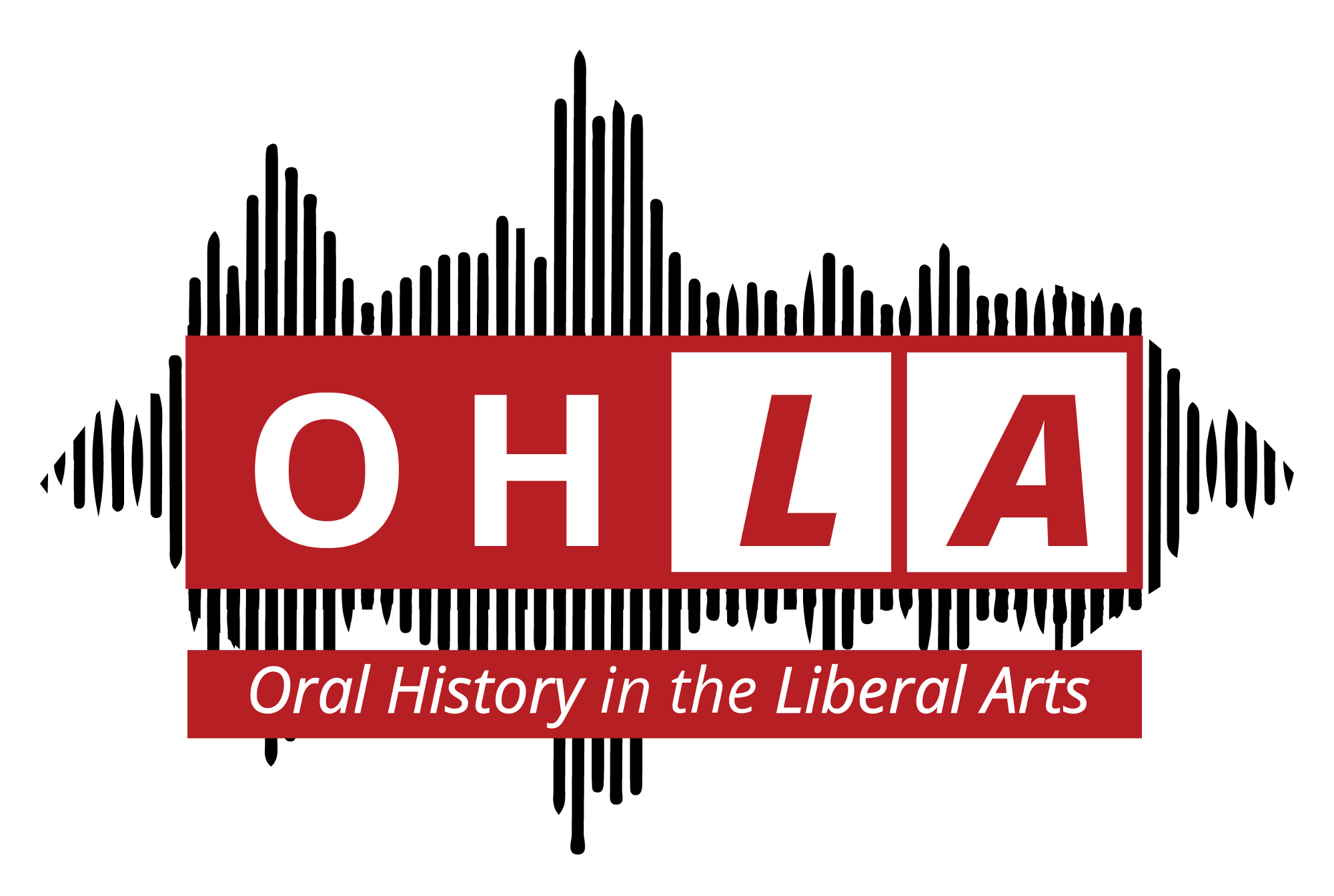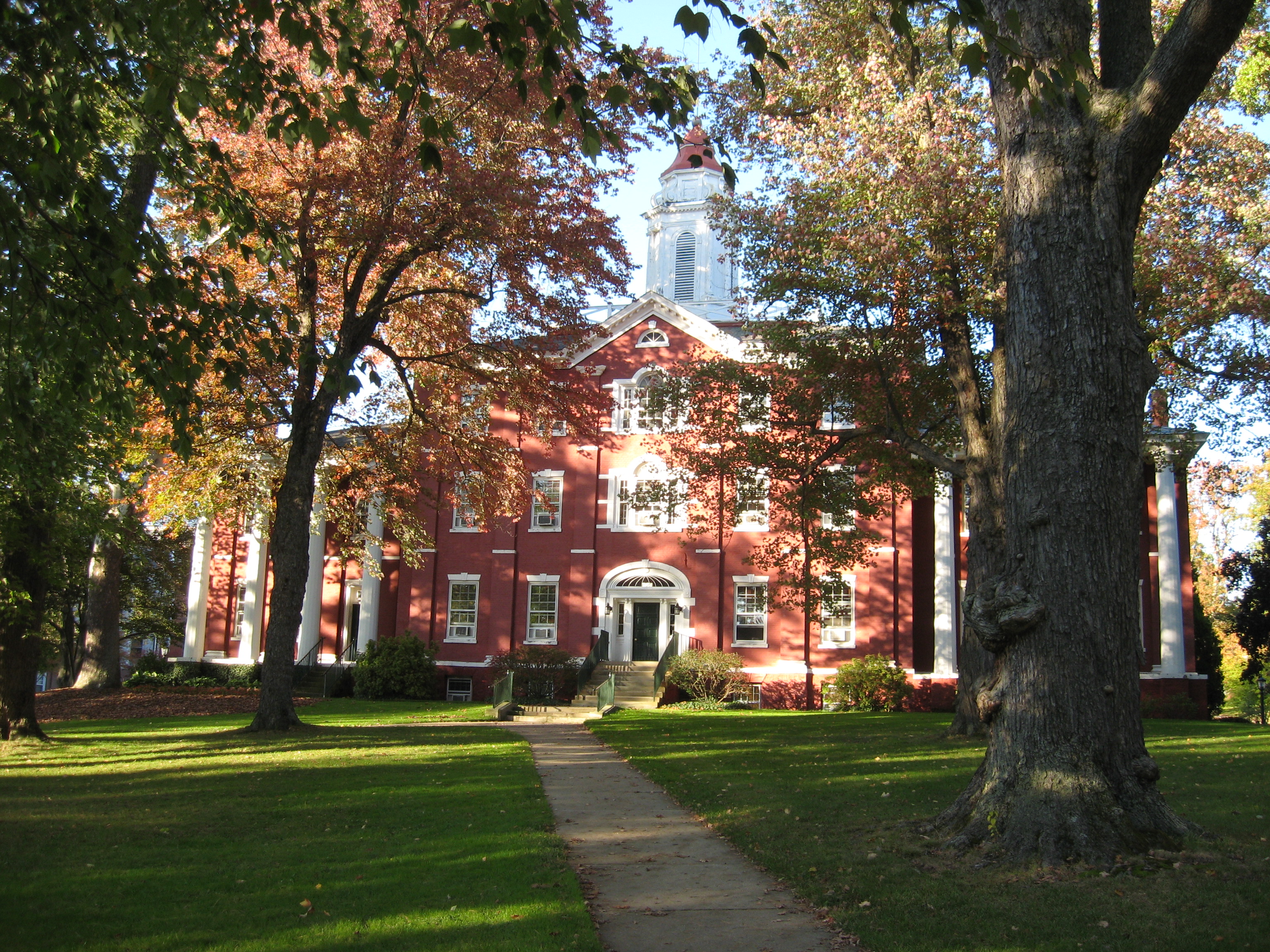As a media ethnographer trained in media and cultural studies and a liberal arts educator in a small Rust Belt town, I am committed to research and pedagogy that moves students into their communities, privileges “everyday” voices, fosters community, and democratizes knowledge. For me, OHLA offers the opportunity to think through the ways in which oral history methodologies and digital storytelling tools can help me to accomplish these goals, but I am also wary of the ways in which these methodologies and tools can privilege elite voices and corporate logics. As a member of the OHLA Collective, I’ll spend my time over the next few months reflecting on how to bring oral history and digital storytelling into the classroom in order to enact a critical, and even liberatory, pedagogy that counters neoliberal rationalities.
What am I getting at here? Wendy Brown argues that neoliberalism dispenses with what we might call “the good life,” meaning “not luxury, leisure, or indulgence, but rather the cultivation and expression of distinctly human capacities for ethical and political freedom, creativity, unbounded reflection, or invention” (Brown 2015: 43). Neoliberalism’s logics reduce us all to “homo economicus,” which “takes it shape as human capital seeking to strengthen its competitive positioning and appreciate its value” (Brown 2015: 33). As educators, we can certainly see how neoliberalism encroaches on higher education as students are encouraged to calculate the “return on investment” for their education in terms of post-graduate salary and seek ways to maximize their value through self-branding and capacity-building.
The result of all this is intense pressure on educators and students to develop efficient pedagogical strategies for producing marketable students. Students pile on activities as resume-builders and feel frustrated with the slow, iterative pace of learning. Educators are required to spend much of their time quantifying their labor and developing and navigating higher ed bureaucracies. What we get in return is a dehumanized education that leaves behind community, relationships, and the sense that everyday people can impact their world.
I’ve become enamored with the “slow scholarship” movement, which thinks through ways to counter the encroachment of neoliberal logics of time and value on the academy, and I wonder if OHLA pedagogies are a form of slow scholarship. I spent the last week at the Institute for Liberal Arts Digital Scholarship (ILiADS), which provided time and space for deep thinking and meaningful collaboration. While we were there, Davidson College Professor of English Suzanne Churchill blogged about the collaboration at the heart of thinking: “Ideas occur not within but between minds.” Churchill calls into question our collective obsession with attribution and copyright, but her post also illustrates the power of community for enriching our scholarship. Collaboration can feel deeply inefficient; we might spend hours, weeks, or months circling around ideas and hashing out meanings before we come up with a “deliverable” or a “project outcome.” I think that OHLA pedagogies have the potential to turn us away from “deliverables” and toward community building.
Oral history methodologies are deeply engaged in the public, and digital storytelling has the potential to work with students on public scholarship and knowledge-building. But digital tools also can tether researchers and students to corporate behemoths invested primarily in profit-making and reify research as just another opportunity for students to build their brand as they market themselves to potential employers. As OHLA practitioners, we should think through the political and pedagogical consequences of our methods and help students to critically navigate these questions.
As I blog for OHLA and develop Meadville Youth Media, a class and a project centered on excavating youth voices in the Rust Belt, I’ll dig into these ideas, grappling with them and working to bring them to bear in the classroom environment. I’ll think through strategies for talking through these ideas with undergraduates and structuring classroom activities and assignments to enable slow scholarship, community building, and public knowledge creation. I hope my work will move toward realizing OHLA’s critical potential.




